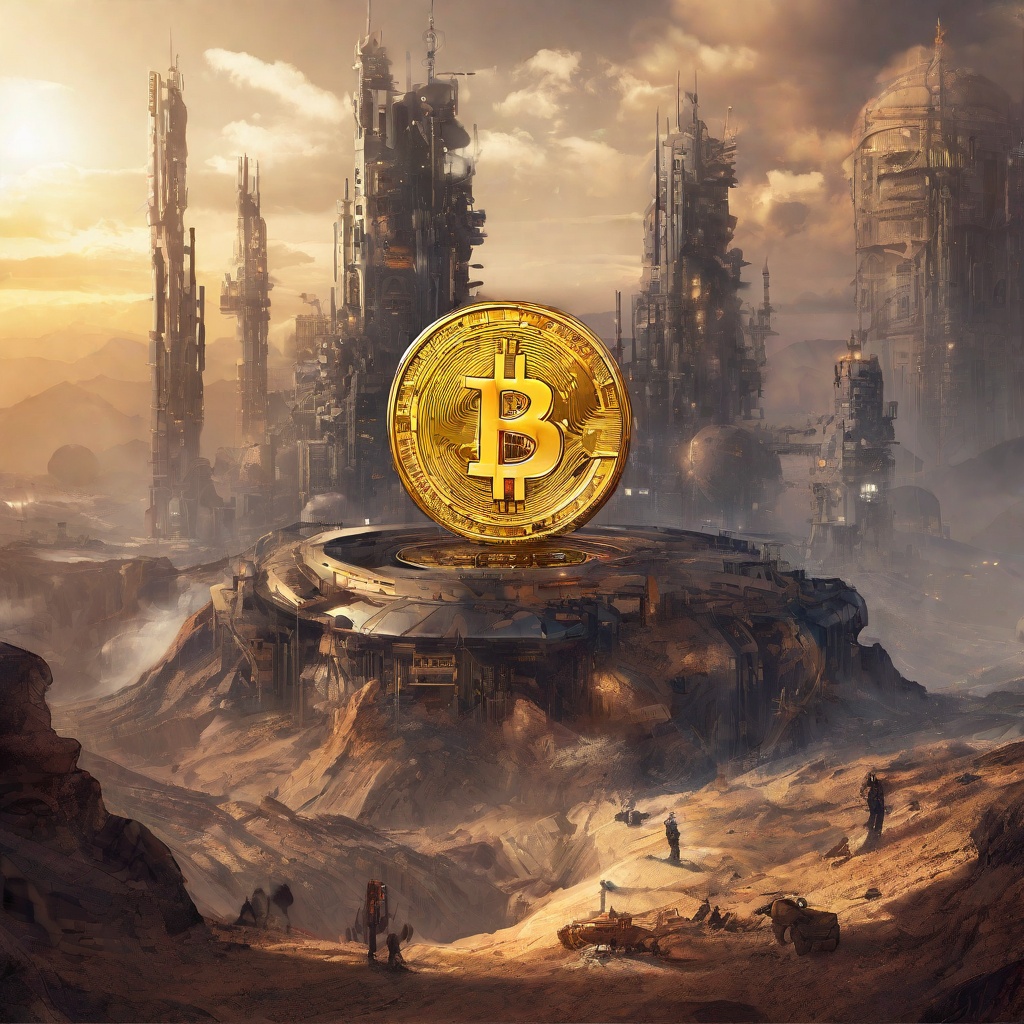What is asset tokenization?
Could you elaborate on the concept of asset tokenization? I'm curious to understand how it works and what potential it holds. In a nutshell, what is the fundamental idea behind converting assets into digital tokens? How does this process differ from traditional asset ownership? What are the key benefits and risks associated with asset tokenization? Furthermore, how do investors stand to benefit from this emerging trend, and how can it reshape the financial landscape in the future?

Is bitcoin a tax deductible asset?
Cryptocurrencies, particularly Bitcoin, have garnered significant attention in recent years for their potential as an investment vehicle. However, with this newfound popularity comes questions regarding their tax treatment. One of the most frequently asked questions is: "Is Bitcoin a tax deductible asset?" The answer to this question is not a straightforward yes or no. It depends on various factors such as how the Bitcoin was acquired, its intended use, and the specific tax laws in the individual's jurisdiction. For instance, if Bitcoin was purchased as an investment and later sold for a profit, the profit may be subject to capital gains tax. However, if the Bitcoin was used to purchase goods or services, it may be treated as a barter transaction, with the value of the Bitcoin taxable as income. Furthermore, there are also specific circumstances where Bitcoin losses may be deductible, such as if they were incurred in a business or trade. However, the deduction may be subject to limitations and restrictions. In summary, the tax treatment of Bitcoin depends on the individual's specific situation and the relevant tax laws. It is essential to consult with a qualified tax advisor to determine the correct tax treatment of Bitcoin and any related transactions.

Is bitcoin a speculative investment asset?
As a financial expert, I often encounter questions surrounding the volatile nature of cryptocurrencies. One such inquiry that I frequently face is: "Is Bitcoin a speculative investment asset?" This question underscores the uncertainty and risk associated with investing in digital currencies. Bitcoin, being the first and most well-known cryptocurrency, has gained immense popularity among investors seeking to diversify their portfolios. However, its price fluctuations and lack of intrinsic value have led many to view it as a highly speculative asset. Its value is primarily determined by market sentiment and supply-demand dynamics, making it a volatile investment choice. Therefore, those considering investing in Bitcoin must be aware of the potential risks and ensure they have a clear understanding of the asset before making any decisions.

Is bitcoin a decentralized asset?
Could you elaborate on the decentralized nature of Bitcoin? Given its reliance on blockchain technology, does this inherently mean it's decentralized? Are there any centralized aspects that could potentially undermine its decentralization? I'm particularly interested in understanding how its mining process, governance structure, and usage patterns contribute to or detract from its status as a decentralized asset. Additionally, how does Bitcoin's decentralization compare to other cryptocurrencies, and what are the potential implications of this?

What is a fungible bitcoin asset?
I don't understand this question. Could you please assist me in answering it?

